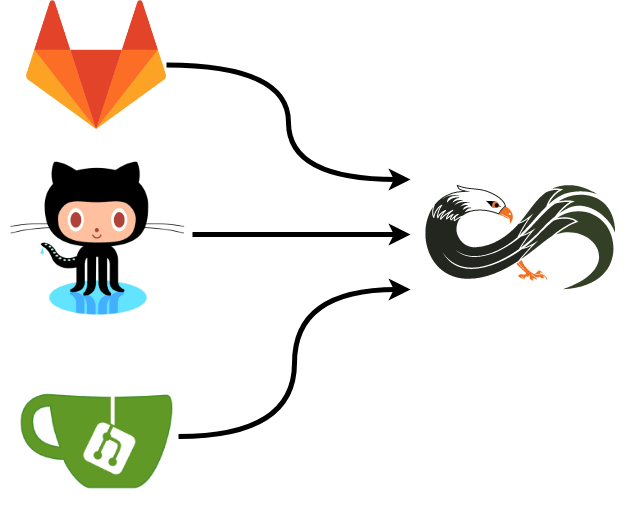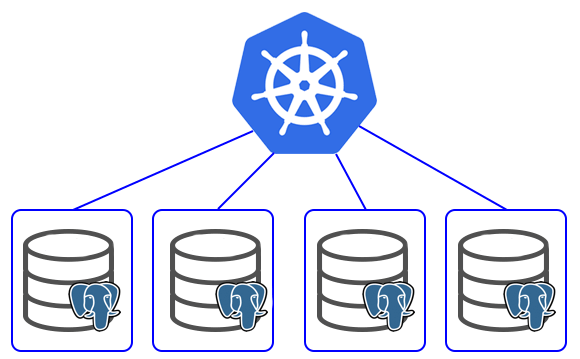devops

I’ve been looking for a good Continues Integration(CI) system for quite some time now. System, that could work with all the major repository providers and run on my hardware. The need for multi-provider support comes from the fact that my code is spread across:
Github Gitlab, cloud and self-hosted Gitea - I’m currently replacing my self-hosted Gitlab with it. I find it much simpler and faster. This means I can neither have a single view of all my tests nor have a unified way of testing.

How to deploy multi-arch Kubernetes cluster using Kubespray I recently bought 3 ODROID-HC1 devices to add a dedicated storage cluster to my home Kubernetes. I thought that it’s a good excuse to spend some time redeploying the cluster. Usually, I would’ve gone with CoreOS, since I’m a big fan of their immutable OS. Unfortunately, that is not an option if you have ARM nodes. So I had to choose between manual provisioning and Ansible.

Since my previous posts[1][2] about CI/CD, a lot have changed. I started using Helm for packaging applications, stopped using docker-in-docker in gitlab-runner.
Recently, I started working on a few Golang microservices. I decided to try gitlab’s caching and split the job into multiple steps for better feedback in UI.
Few of the main changes to my .gitlab-ci.yaml file since my previous post:
no docker-in-docker using cache for packages instead of a prebuilt image with dependencies splitting everything into multiple steps.

Creating a high available PostgreSQL cluster always was a tricky task. Doing it in the cloud environment is especially difficult. I found at least 3 projects trying to provide HA PostgreSQL solutions for Kubernetes.
Patroni
Patroni is a template for you to create your own customized, high-availability solution using Python and - for maximum accessibility - a distributed configuration store like ZooKeeper, etcd or Consul. Database engineers, DBAs, DevOps engineers, and SREs who are looking to quickly deploy HA PostgreSQL in the datacenter - or anywhere else - will hopefully find it useful.

After my previous post - How to easily deploy GitLab to Kubernetes - I’ve got a lot of responses. I helped several people to get GitLab up and running on their clusters. With that manifests it became much easier to deploy GitLab to Kubernetes. It was still few things that were usually misunderstood and misconfigured. You can find out these things only by talking with people who are actually trying to use your work.





